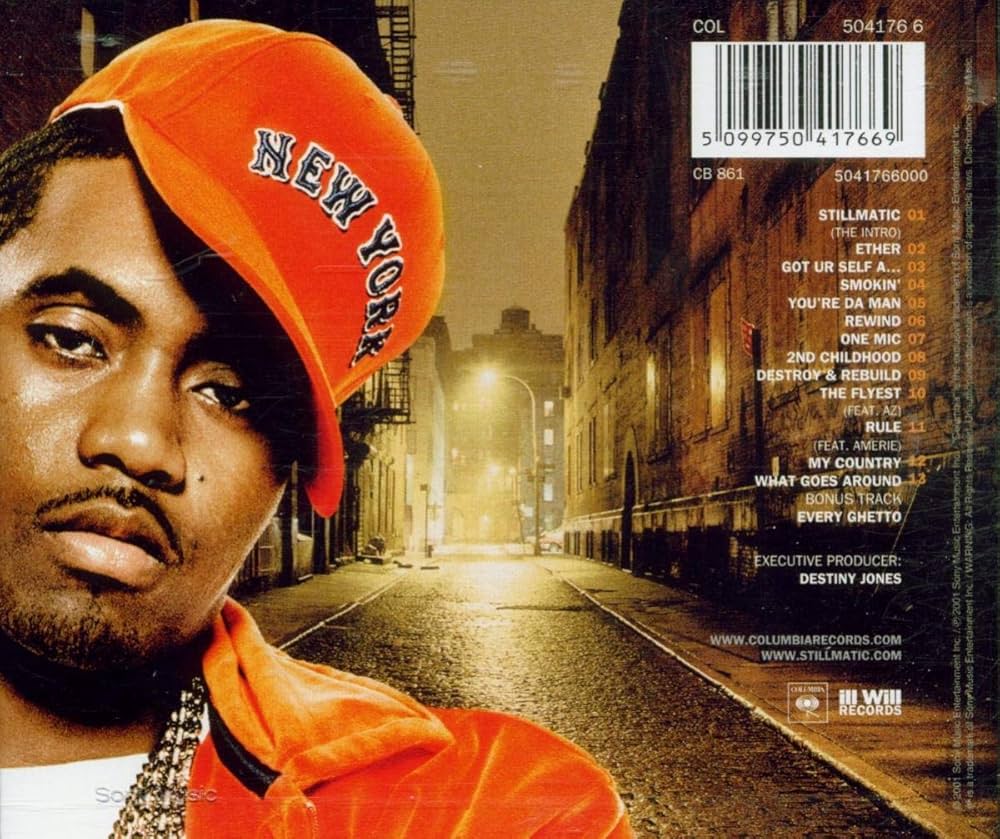Is Google About To Change The World Again?
In this in-depth discussion, Hollywood talent agent Nelson Paredez-Park explores the transformative role of Google’s Veo 3 AI in the entertainment industry. From controversial AI-generated verses mimicking legendary artists like Tupac and Snoop Dogg to the brewing hip-hop beef between Drake and Kendrick Lamar, AI’s influence is undeniable and controversial.
When I Met Zay Zay podcast host also speaks on the AI revolution hitting the entertainment world. Industry veterans like Ice Cube weigh in on the potential dangers of AI, calling it “demonic” while discussing its profound impact on artists, actors, and the future of entertainment as a whole.
Join us as we analyze how AI is shaping the entertainment world, exploring both the opportunities and challenges it presents, and what it truly means for authenticity, creativity, and jobs in Hollywood and music. This discussion promises to be not only informative but also thought-provoking as we navigate the complex intersection of technology and art.
WILL AI REVOLUTION LEAD TO MASSIVE UNEMPLOYMENT?
Anthropic CEO Dario Amodei tells CNN’s Anderson Cooper that “we do need to raise the alarm” on the rise of AI and how it could cause mass unemployment.
AI Executive Warns of Looming Job Crisis as Automation Advances
The CEO of Anthropic, one of the world’s top artificial intelligence labs, is sounding the alarm: AI could soon trigger a major wave of unemployment, and society is not prepared.
“AI is rapidly surpassing human capabilities in most intellectual tasks,” Dario Amodei told CNN’s Anderson Cooper. “It’s going to impact all kinds of work — including what I and other CEOs do.”
Amodei warned that within one to five years, AI could eliminate up to half of all entry-level white-collar jobs, potentially pushing U.S. unemployment as high as 20%. For context, the unemployment rate only approached that level briefly during the peak of the COVID-19 crisis.
This isn’t the first concern raised about AI’s potential to disrupt the workforce. Academics and business leaders have long cautioned about job losses due to automation. A World Economic Forum report earlier this year found that 41% of employers plan to reduce staff due to AI by 2030.
But Amodei’s warning carries weight, both because of his role at the helm of a leading AI company and the scale of disruption he foresees. Anthropic, like other AI firms, is promoting its models as tools capable of working nearly a full human workday with minimal oversight.
Traditionally, tech innovations have replaced lower-skilled jobs, with displaced workers retrained for higher-skilled roles. But Amodei says this wave of AI could upend that model — targeting skilled white-collar jobs that require years of education, with no easy retraining path.
He also floated the idea of taxing AI companies to ensure wealth generated by automation is more fairly distributed. “If AI generates enormous wealth, it will mostly go to the companies unless we actively decide otherwise,” he said. “It’s not in my economic interest to say that, but it’s something we need to consider — and it shouldn’t be a partisan issue.”
A Faster, Deeper Disruption
Experts believe that roles such as paralegals, financial analysts, payroll clerks, and even software engineers are at risk. Meta CEO Mark Zuckerberg recently said he expects AI to write half of his company’s code within a year. Microsoft CEO Satya Nadella noted that AI already generates 30% of Microsoft’s code.
Amodei told CNN that currently about 60% of Anthropic users employ AI to assist with human tasks, while 40% use it to fully automate jobs — a number he says is growing.
Last week, Anthropic launched a new AI model that can work autonomously for nearly seven hours, handling complex tasks with minimal human input.
Despite this rapid progress, Amodei urges people to learn to use AI rather than fear it. “Technological change in the past has been slower and more narrow,” he said. “This is broader, faster, and harder to adapt to. It’s catching people off guard.”
Some experts believe AI will mainly automate specific tasks, freeing workers to focus on areas where human judgment is still superior. Others warn that AI’s growing ability to learn and perform new jobs could outpace the economy’s ability to create new roles.
“Historically, the economy has always created new jobs,” said University of Virginia economist Anton Korinek. “But this time, intelligent machines might be able to take on those new jobs as well — and learn them faster than humans.”
Still, Amodei maintains that AI holds enormous promise, including breakthroughs in healthcare. “I wouldn’t be building this if I didn’t believe it could make the world better,” he said.
A Strategic Warning
Amodei’s candor may also serve a strategic purpose. As scrutiny of AI grows, companies are eager to be seen as responsible stewards of the technology.
“His warning isn’t just about raising awareness,” said Tracey Follows, a tech futurist and CEO of Futuremade. “It’s part truth-telling, part brand positioning, and part policy influence. If he warns of 20% unemployment and no one acts, Anthropic can say they sounded the alarm.”
“I don’t think we can stop this bus,” Amodei told Cooper. “But from where I sit, I can try to steer it — to help us understand and address the risks while still reaping the benefits.”
Share this content:














Post Comment